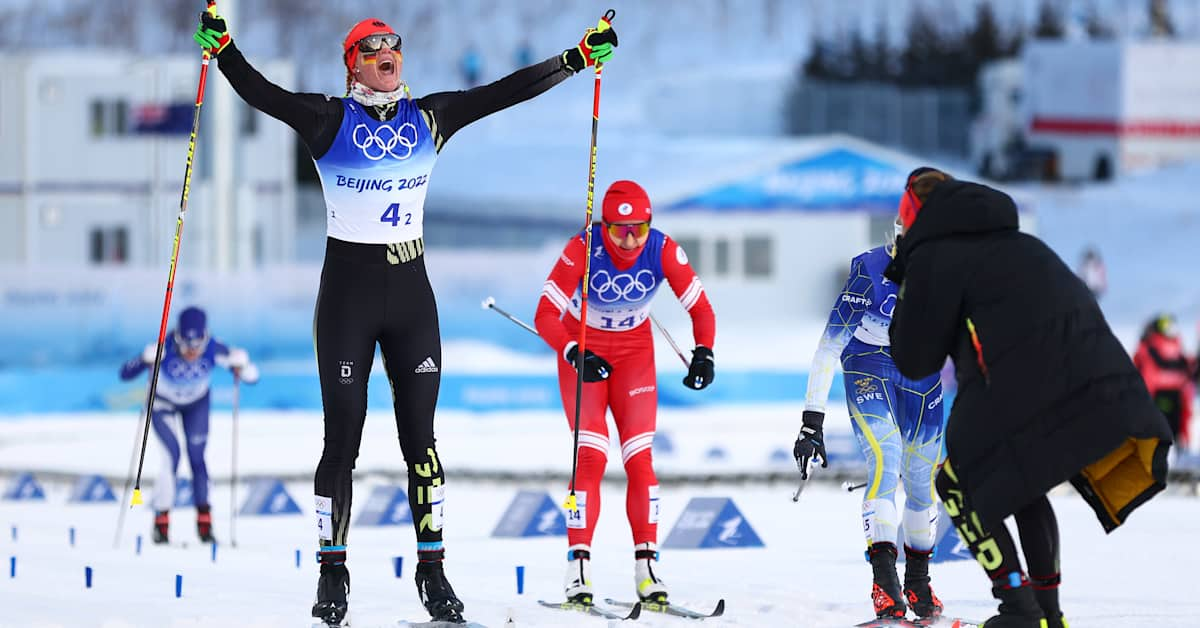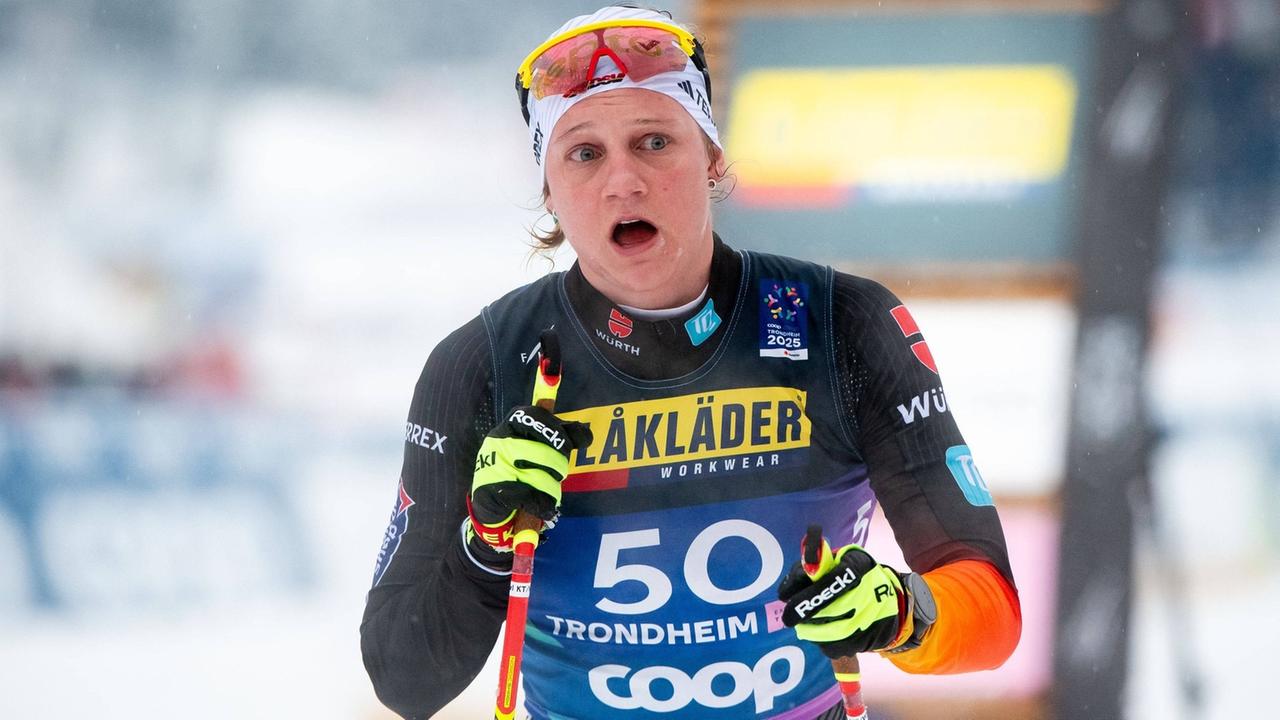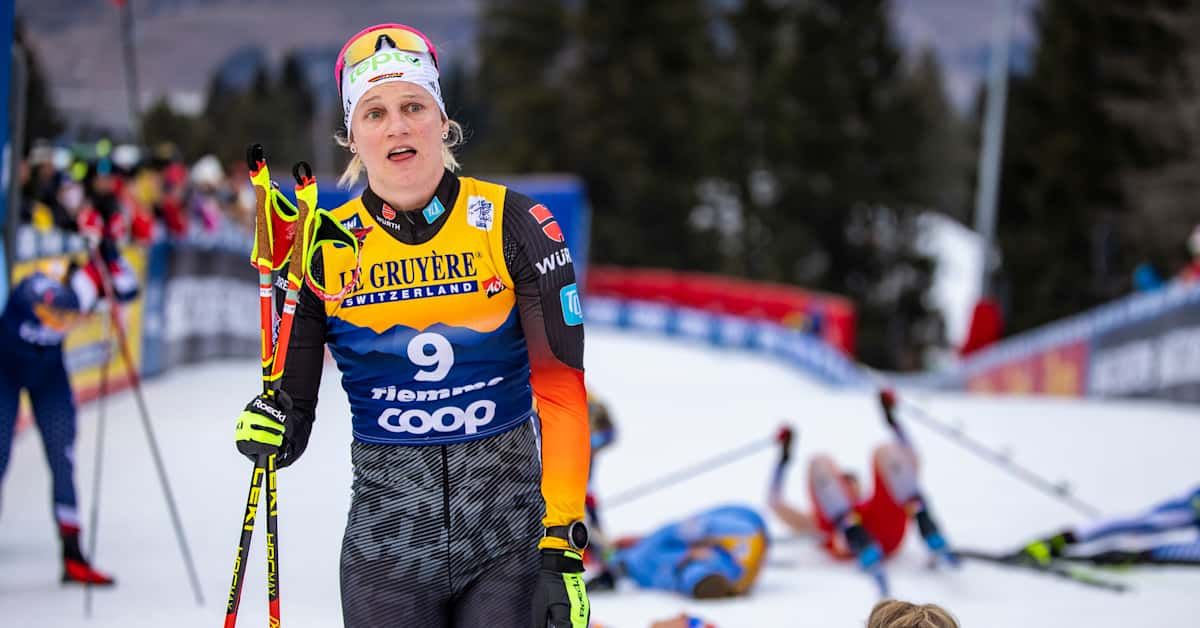
Comment: One picture shows why Victoria Carl is unlikely to race at the Milan Olympics
Originally published in Yle on June 28, 2025
Yle Sports journalist Pekka Holopainen contends that one image alone explains why Victoria Carl is very unlikely to make the 2026 Milan-Cortina Olympic team.
The German Olympic champion looked confident in mid-November 2024 at Muonio’s Olos, where she has often opened her season on man‑made early‑snow races. Two weeks before the World Cup started, Carl won twice convincingly against elite names such as Kerttu Niskanen, Krista Pärmäkoski, Teresa Stadlober, and Jasmi Joensuu. She later finished second overall in the 2023–24 World Cup standings.
The plan had been to attack next winter’s Olympic courses in Val di Fiemme at full strength. Then came a familiar twist in elite sport: Carl is suspected of using the banned substance clenbuterol, both in- and out‑of‑competition. Originally developed for respiratory treatment, clenbuterol has adrenergic and anabolic effects that promote muscle growth and fat loss, making it a notorious doping agent. It has been implicated in hundreds of anti‑doping violations across many athletics disciplines.
A former athlete who once used clenbuterol told Yle the drug is “tremendously effective,” and speculated that Carl’s team may have mistimed dosing and were tested at the worst possible moment. Under the WADA Code, sanctions depend on many factors, but comparable athletics cases have brought 2–4 year bans.
Carl, backed by the German Ski Association, maintains she is blameless and argues that at minimum she should not face a time‑based ban—which, seven months before the Olympics, would effectively end her Olympic hopes. Der Spiegel reported that an army doctor treating a coughing Carl at the Military World Championships gave her Spasmo Mucosolvan instead of Mucosolvan. The latter’s active ingredient is not on the prohibited list; Spasmo Mucosolvan contains clenbuterol, which certainly is.
Even if Carl’s modest performance at the military event supports the idea she was genuinely ill, another image points in the opposite direction: the manufacturer’s product photo shows, in large and unmistakable text, that the medicine’s active ingredient is clenbuterol. The article argues that this undermines any attempt to shift responsibility solely onto medical staff. In anti‑doping, athletes—conditioned by years in the testing system and whereabouts regime—must verify what they ingest; leniency from the default four‑year ban requires clear, proven mitigating circumstances.
Precedent is not favorable. In Therese Johaug’s case, despite a doctor’s role and a warning printed on the ointment tube, she still received a ban (eventually 18 months) that cost her two major championships. Holopainen suggests Carl faces a similar athlete‑responsibility standard.
Carl had edged Finland’s Jasmi Joensuu for World Championship relay bronze last winter, but her likely absence would bring Finland’s relay medal chances at least a step closer. Holopainen concludes it is inconceivable that a positive doping test could be deemed so devoid of athlete fault that it would be followed by Olympic selection.
See Also

Positive doping test for cross-country star Victoria Carl
June 25, 2025 / Sportschau (MDR)



Germany’s Victoria Carl, World Cup overall runner-up, tests positive for clenbuterol
June 25, 2025 / L'Équipe
Twice Third in Oslo: Carl on a Historic Podium Course
March 16, 2025 / Sport1